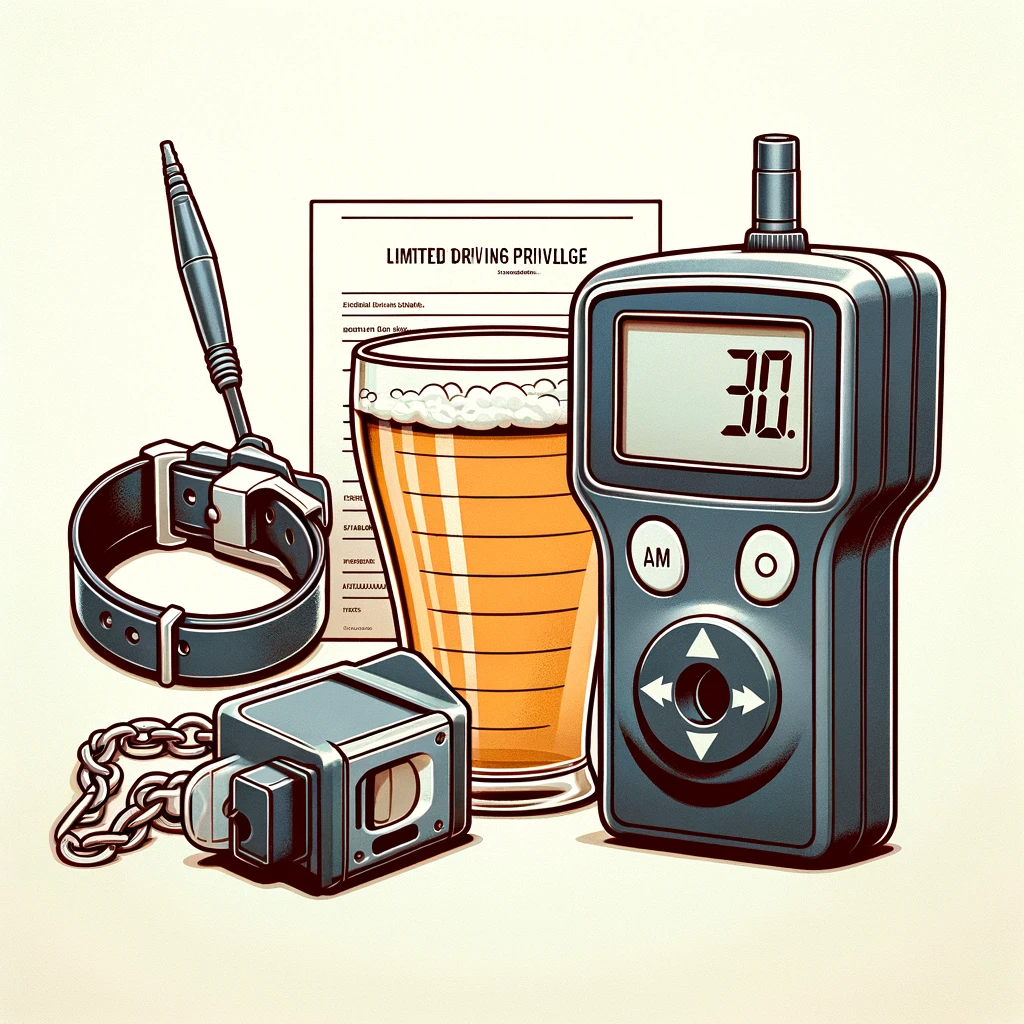In North Carolina, the transfer of real estate ownership is a critical process, necessitating the use of a deed. This legal document, pivotal at the closing stage, ensures the transfer of ownership from the seller to the buyer. Notably, deeds come in various forms, each offering distinct levels of protection. The three primary types of deeds in North Carolina are: (1) General Warranty Deed, (2) Special Warranty Deed, and (3) Quitclaim Deed.
General Warranty Deed
This deed type offers the highest level of protection to buyers. It includes explicit guarantees from the seller to assist or defend the buyer against any potential challenges to the buyer’s title. These promises cover issues arising not only during the seller’s tenure but also from any previous owners.
Special Warranty Deed
Also known as a limited warranty deed in some states, the Special Warranty Deed provides similar protections to the General Warranty Deed but with a significant limitation. It covers only title defects or claims that arose during the seller’s period of ownership. Hence, it does not cover issues from before the seller’s acquisition of the property.
Quitclaim Deed
Offering the least protection, a Quitclaim Deed is essentially an “as is” transaction. It provides no guarantees regarding the seller’s interest in the property or the title’s validity. This deed type is often used in transactions among family members or to correct title errors.
General Deed Requirements in North Carolina
Every deed must meet specific criteria to be valid in North Carolina. These include a competent seller and capable purchaser, clearly identified on the deed; an adequate property description; conveyance terms; proper execution and delivery by the seller, including notarization; and acceptance by the purchaser. It’s important to note that requirements may vary by county.
The choice of deed significantly impacts both the buyer’s and seller’s legal rights and obligations. Each deed type suits different scenarios, from residential purchases with a General Warranty Deed to commercial real estate transactions using a Special Warranty Deed or a Quitclaim Deed for familial transfers or title corrections.
When engaging in property transactions, it’s crucial to consult with a legal professional to navigate these complexities. An attorney can provide invaluable guidance, ensuring the right deed type is used and that all legal requirements are met, thereby safeguarding your investment and interests.







